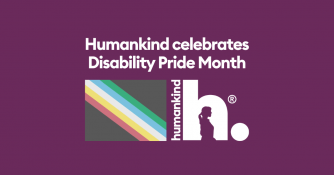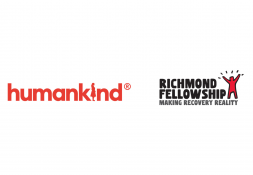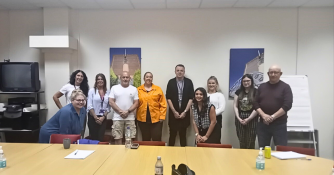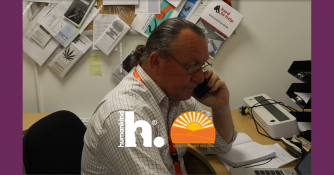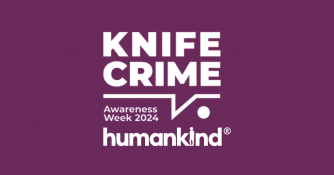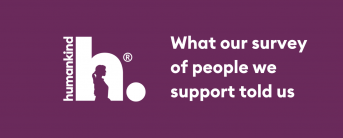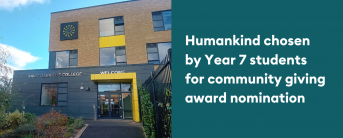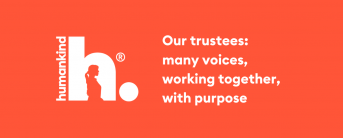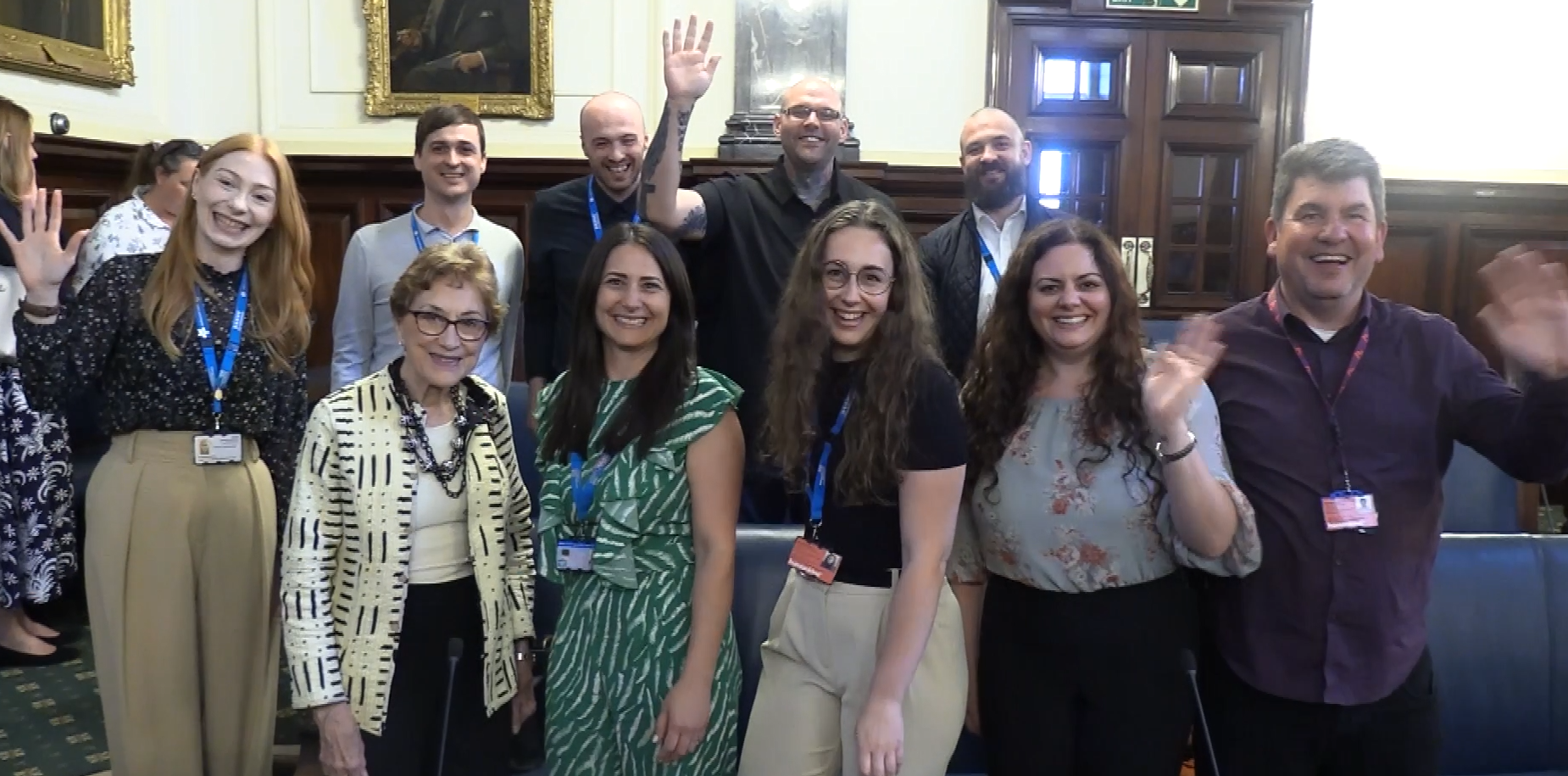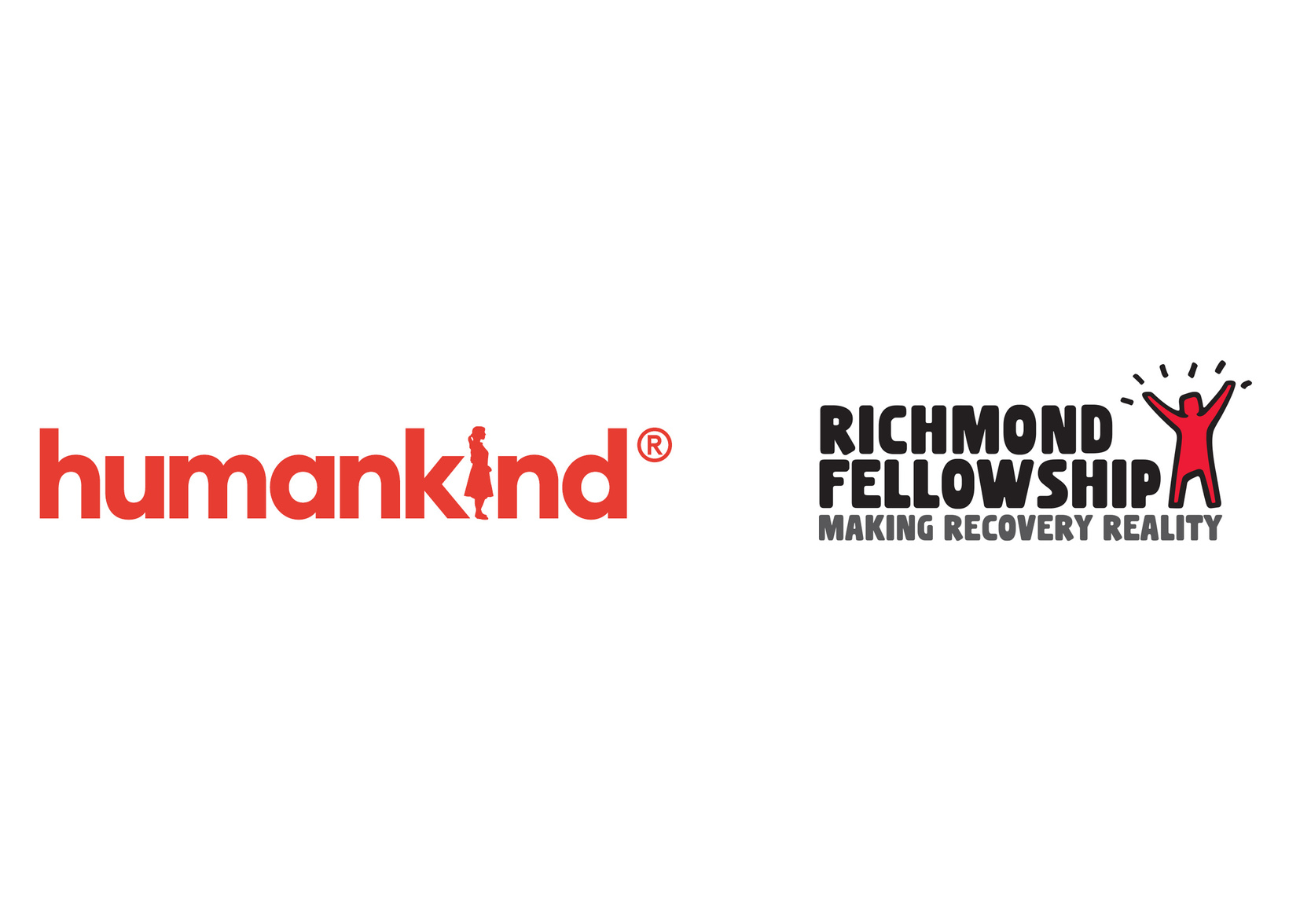
Richmond Fellowship and Humankind have announced that they are merging to form a single charity to better support even more people facing multiple disadvantage.
This exciting development builds on the rich heritage of two charities that share values, ambitions and decades of experience supporting people with substance use, mental health, housing and associated needs.
Derek Caren, CEO of Richmond Fellowship, said:
“Our organisations have a lot in common. We share a heartfelt belief that everyone should have a fair chance to live a life they value, and since our inception in 1959, Richmond Fellowship has worked hard to make recovery a reality for all.
“Joining forces with Humankind will allow us to break down some of the barriers that stop people getting the support they need and allow us to offer innovative, integrated services to more people across England.”
Paul Townsley, CEO of Humankind, said:
“From the very start of my career it’s been clear that drug and alcohol, housing and mental health support need to be brought closer together and work better for the communities we support. That’s why I am so excited about this new chapter for both organisations.
“This merger creates a unique opportunity to develop new, broader service models, invest more in our people, and use our shared experience and insights to influence policy and practice across the sector.”
Further information on next steps of the merger will be shared in the new year.
- Derek Caren, CEO of Richmond Fellowship, is retiring in early 2024 and Paul Townsley, CEO of Humankind, will become CEO of the new organisation and oversee the merger.
- Carolyn Regan, current Chair of Recovery Focus will become the Chair of the new organisation, whilst Caroline Gitsham, current Chair of Humankind will become the Vice Chair.
- Aquarius (currently a subsidiary of Richmond Fellowship) will become a subsidiary of the new organisation.
For all media enquiries contact:
- Oliver Standing, Humankind Director of Communications and External Affairs
oliver.standing@humankindcharity.org.uk / 07977 829 695
